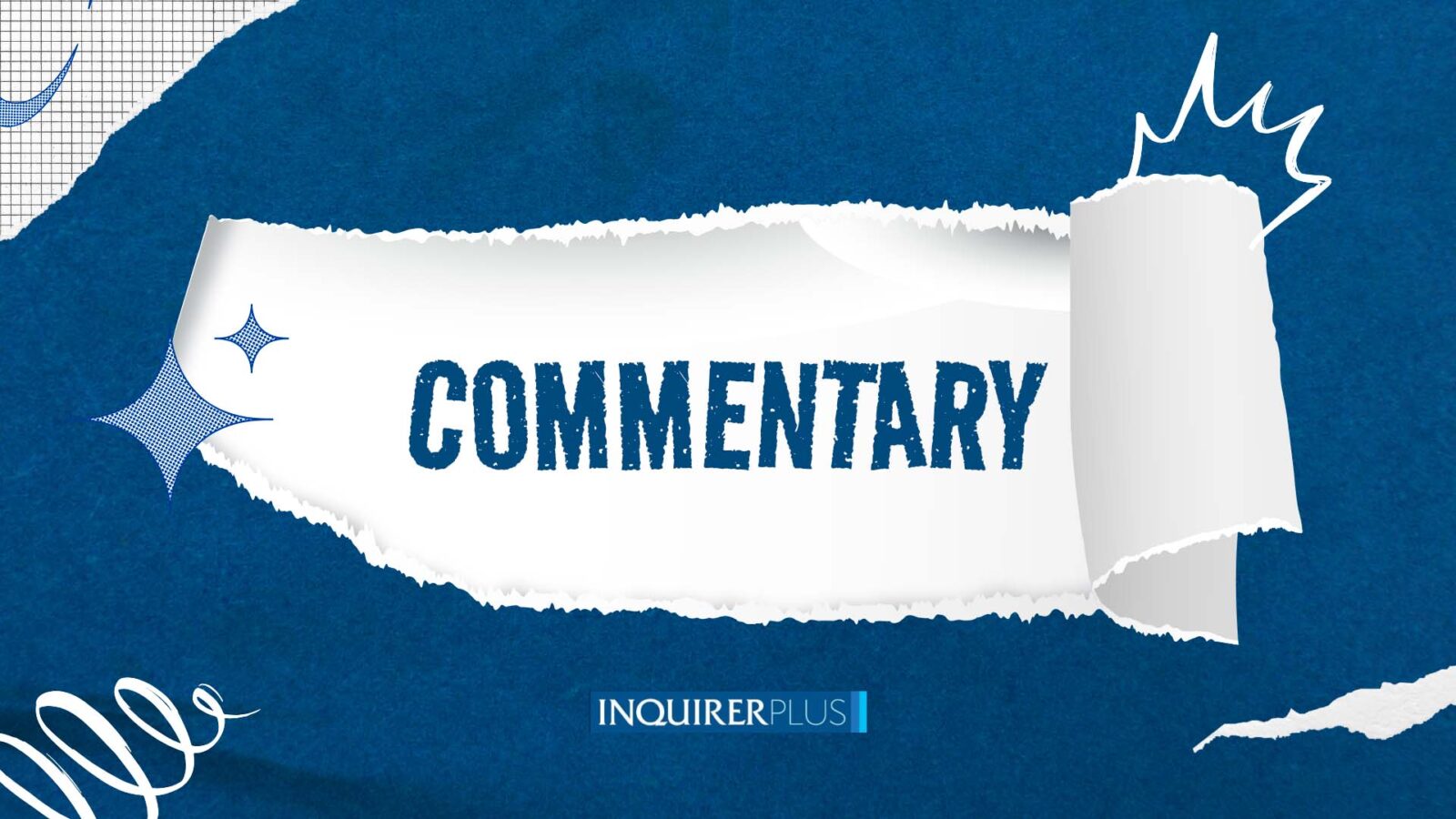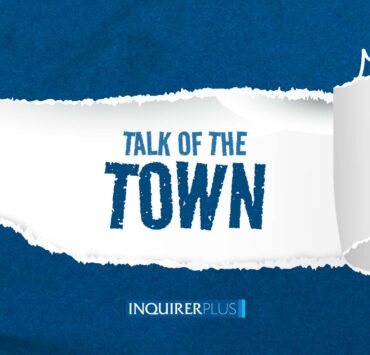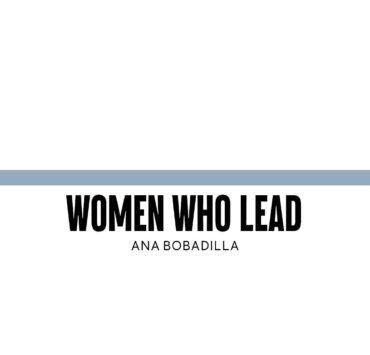Big little lies

The Philippines’ 2023-2028 National Security Policy acknowledges a world undergoing significant and unprecedented transformation, characterized by rapid change and increased uncertainty. Not since the World War II has the world seen such uncertainty, but it is its scale that is so remarkable, enabled by the technologies that are central to the new economic order.
Europe again experiences high-intensity war with hundreds of thousands of casualties, mass population displacement, huge economic costs, and deliberate destruction of vital energy systems and cultural heritage. Russia’s full-scale invasion of Ukraine involves bullets and bombs, but also an insidious and powerful new grey zone of conflict.
This is the hybrid zone. It involves cyberattacks, sabotage of critical infrastructure, electronic interference in navigation and satellite systems affecting civilian ships and aircraft, disinformation campaigns, and election interference. It is a new conflict zone where defense is not trooping divisions and missiles, but password security and voter education. And while these threats are harder to imagine than air-raid sirens and explosions, they are not theoretical. We already regularly witness gray zone incidents in my home, and yours.
Recognizing the scope of security threats, the European Union and the Philippines have agreed to a new security and defense dialogue, to allow us to map current geopolitical challenges together. Already, this includes concerns about maritime and cybersecurity, as well as coordinated attacks on the information received by citizens, what we now call foreign information manipulation and interference.
These challenges are everywhere, because technology makes it easier for malicious actors to manipulate the users of the technology. To counter these often-invisible threats, we need to share experiences and ideas. So that is why the EU is working to address these challenges with regional partners including the Philippines in the Enhancing Security Cooperation in and with Asia and Indo-Pacific initiative.
The EU has experienced firsthand how new technologies are making it possible for hostile actors to spread disinformation in a coordinated manner to advance their own purposes and to harm us. And these represent a clear and present danger to our democratic institutions and values, the ones that have built the peaceful global order after World War II.
Our response has been to develop a comprehensive set of tools to fight this foreign manipulation. The EU now has a collective and evolving framework to identify and counter hybrid threats and an action plan to challenge foreign information manipulation in the EU. We have new regulations to make the platforms carrying and distributing possible disinformation more accountable. We are also continuously strengthening our toolbox, including now a rapid alert system for flagging disinformation alongside a framework for evidence collection. An information-sharing and analysis center is in the making. The aim is to enable a digital transformation that both protects citizens’ fundamental rights and security and enhances their digital sovereignty.
Yet education and evidence also need technologies to offer sustainable solutions. The EU’s Global Gateway strategy focuses on these technologies, aiming to foster smart, clean, and secure digital connections in our partner countries like the Philippines where we are using open data from Copernicus, the Earth Observation component of the EU Space Program. We just need to think about any election and its consequences to see why it is crucial to make all citizens aware of the costs that foreign interference has on their societies. This means increasing media literacy so citizens can question manipulation of their own narratives. It requires all of society: national authorities, private industry, civil society, media, academia, and even families. By promoting access to reliable information and building digital resilience, we can resist this interference in our societies.
And calling out false stories and disinformation is essential to maintain not just our democratic values, but our very democracies. The EU is ready to work with partners who share the same goals. We have the tools and—thanks to EU member states’ technological know-how—the solutions to underpin strategies to build real digital and societal resilience.
We have a lot to offer one another. The EU is a reliable security partner for the Philippines and the neighborhood. Our new dialogue will encourage capacity-building and let us share experiences and practices, for our collective benefit. Let’s talk!
—————
Saija Nurminen is the Ambassador of the Republic of Finland to the Philippines. She has also served in Geneva, Washington, Brussels, and Berlin.
—————
Inquirer Exclusive: This commentary is part of a series of articles in the Philippine Daily Inquirer contributed by European Union Ambassadors to the Philippines, in line with Denmark’s Presidency of the EU Council from July to December 2025. The articles focus on strategic areas of cooperation between the EU and the Philippines. Email: johmed@um.dk

















